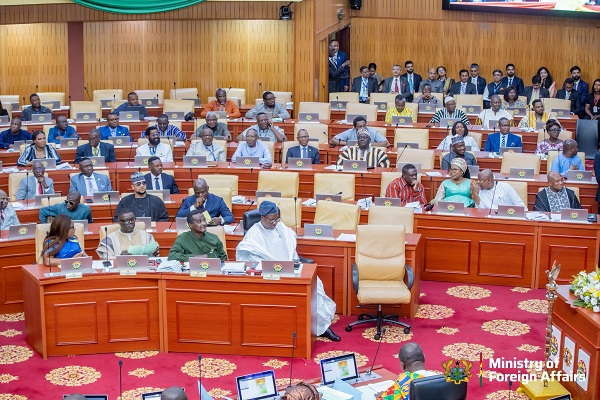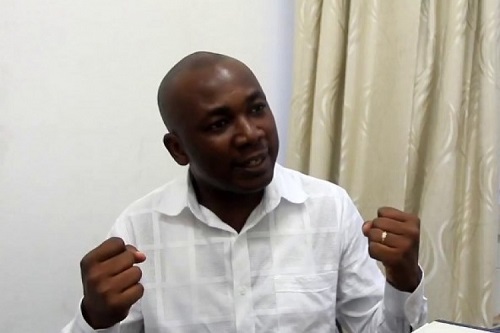Deloitte Pushes Reforms to Lock In Cedi's Recovery | News Ghana
The financial consultancy’s analysis, titled “Unpacking the Ghana Cedi’s Resurgence,” credits the currency’s 2025 rebound—44.5% against the U.S. dollar—to tighter monetary policy, rising gold and cocoa exports, and improved investor confidence under the IMF programme.
Official records show the turnaround marks a dramatic shift for the cedi, previously ranked among the world’s weakest currencies. Deloitte attributes this to the Bank of Ghana’s disciplined approach, bolstered foreign reserves, and favorable global conditions like higher commodity prices. However, the firm cautioned that these gains remain fragile and reversible without sustained reforms.
Key recommendations include maintaining fiscal prudence through reduced tax exemptions, broader tax nets, and sustainable debt management. Deloitte also urged a shift from raw commodity exports to value-added production in gold, cocoa, and timber, arguing that “exporting raw commodities perpetuates a cycle of lost value.” The report emphasized investing in non-traditional sectors like ICT services and tourism while advancing import substitution in agriculture to ease pressure on reserves.
The consultancy further called for innovative financial instruments to attract diaspora investments and stressed the need to protect the Bank of Ghana’s independence for credible market interventions. Energy sector reforms were highlighted as critical, with high costs and debt undermining industrial competitiveness.
These proposals align with President John Mahama’s economic diversification agenda but require swift institutionalization to prevent backsliding. As Ghana navigates post-IMF stability, Deloitte’s framework presents a roadmap to transform fleeting currency strength into enduring resilience.
Follow on Google News








